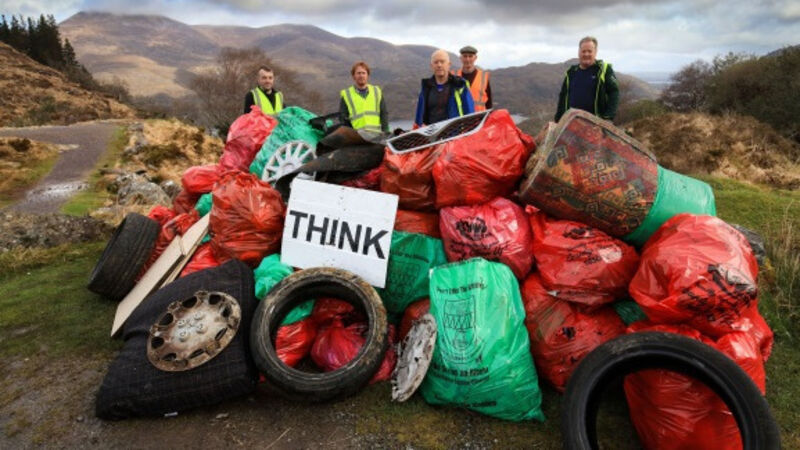Mountains reek from increase in human waste

Exceptional summer weather is drawing unprecedented numbers of walkers to the country’s highest peaks but the volume of human waste, in particular, and decomposing rubbish is leading to increasing concerns.













